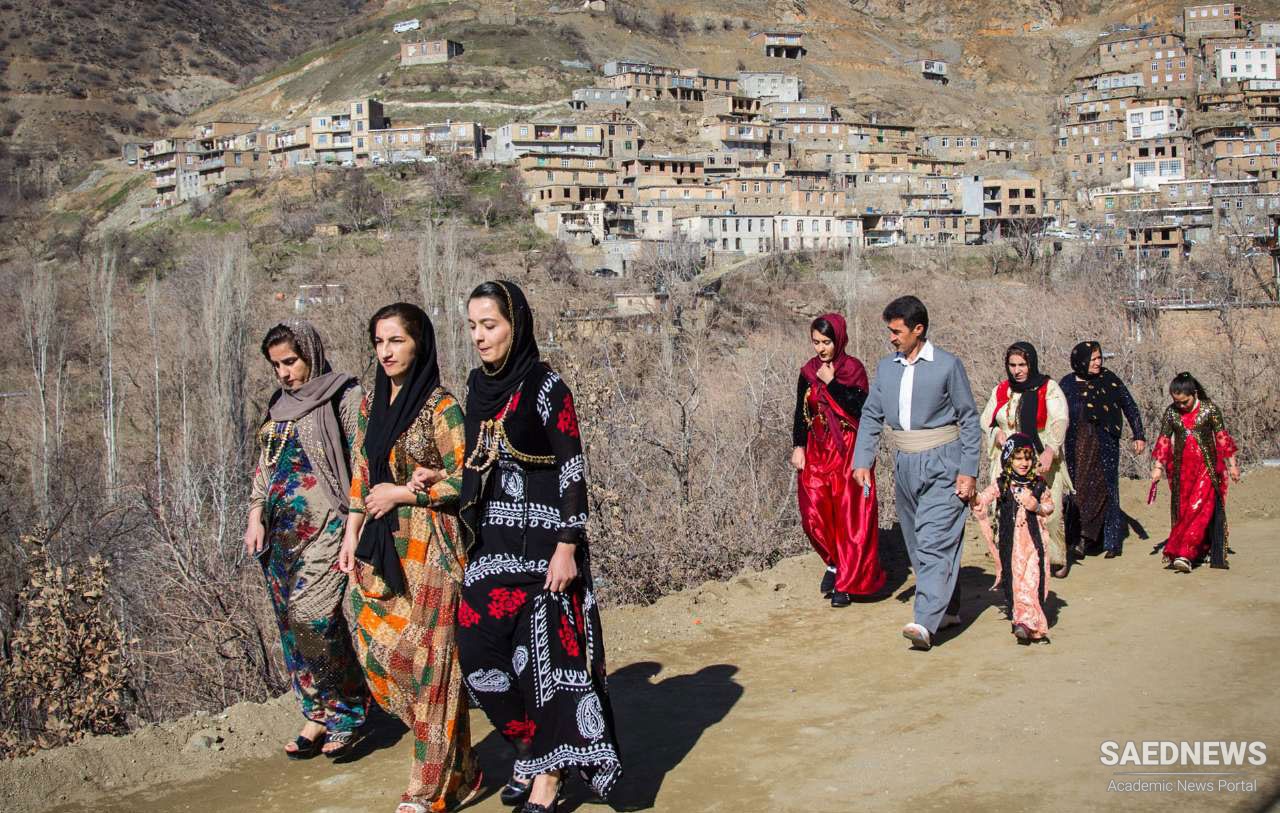As with the Kurds in greater Kurdistan, The Iranian Kurds are predominantly a Muslim people, both Sunni and Shi‘a. Existing information on the exact numerical dimensions of the split between Sunni and Shi‘a Kurds is unreliable at best, thus we can only state here that Shi‘a Kurds appear to be the slight majority. Leaving aside the problematic nature of ascertaining the exact numerical dimensions of the Sunni Kurd population, it is important to note that these Kurds find themselves in a situation in which they have certain differences that need to be taken into account and respected, both as an ethnic and as a religious minority. Kurds in Iran speak a variety of dialects, with Kurmanji spoken in the northern areas, and Sorani and Gurani spoken in the south. In Iran, the Kurdish language is written in Persian (Arabic script). As stated earlier, the Kurds are but one of the many ethnic groups that make up Iran and it is important to remember that Shi‘a Persians, although dominating Iran, do not make up the majority of the population. Although the Kurds as a whole represent a distinct nation, or culture, there exist strong ties between Persians and Kurds, given their shared history and related languages. Kurdish culture, especially that of the tribes in the Kurdish region of Iran, has more similarities and common links with Persian culture than with Turkish, Arab-Syrian or Arab-Iraqi culture. Therefore, cultural factors favouring secession are not as prevalent among Iranian Kurds, as they see the dominant Persian culture as less alien to them than Arab and Turkish culture is viewed by the Kurds of other nation states.


 Fars and Khorasan the Fountainheads of Iranian Civilization and Culture
Fars and Khorasan the Fountainheads of Iranian Civilization and Culture














































